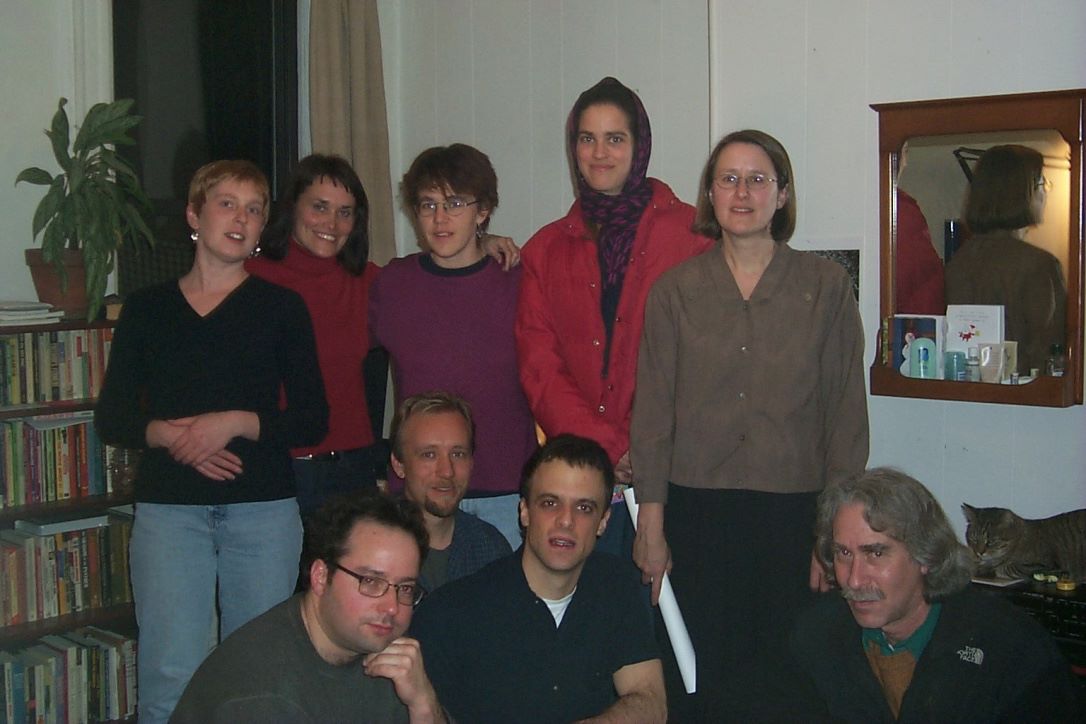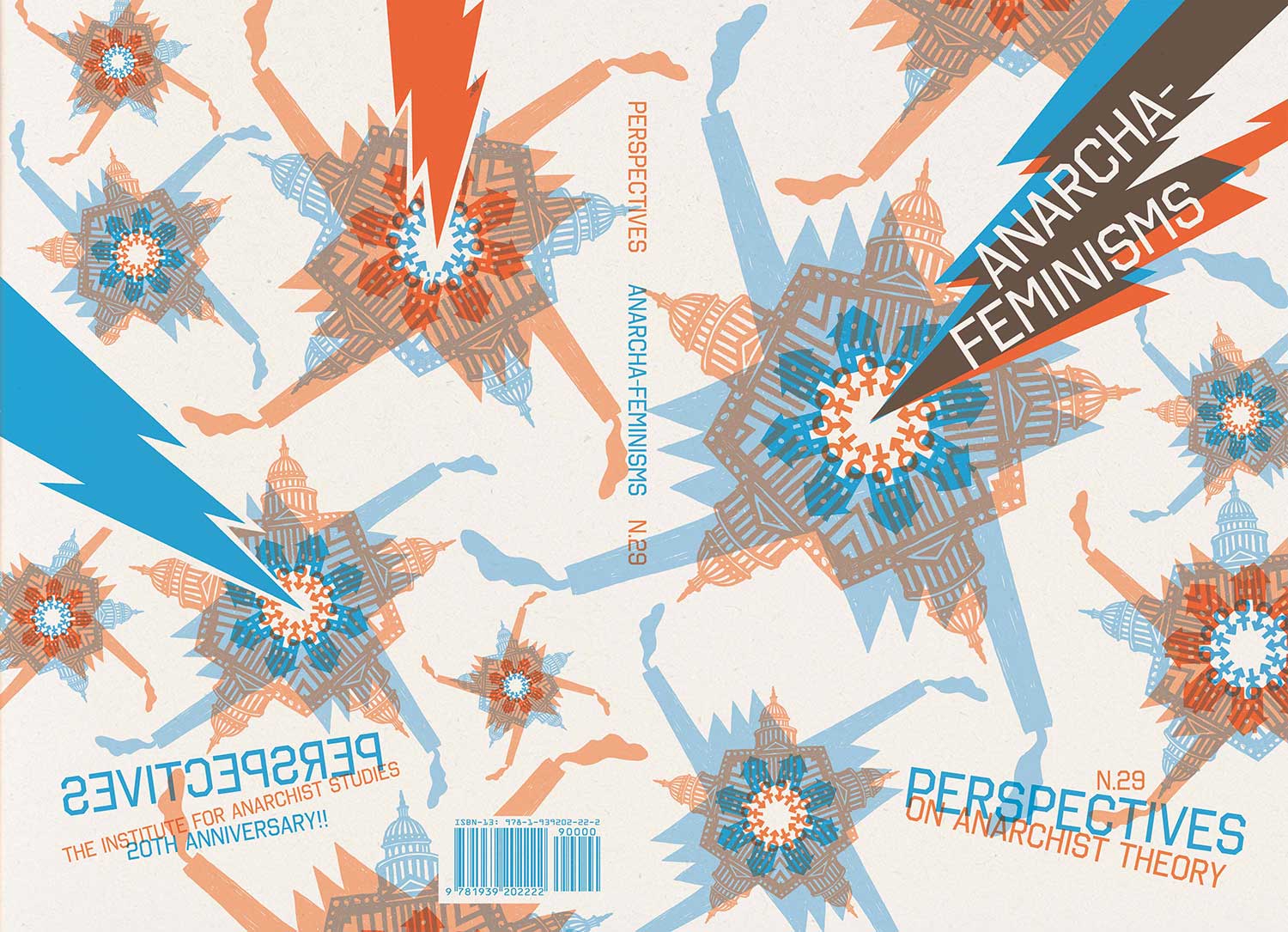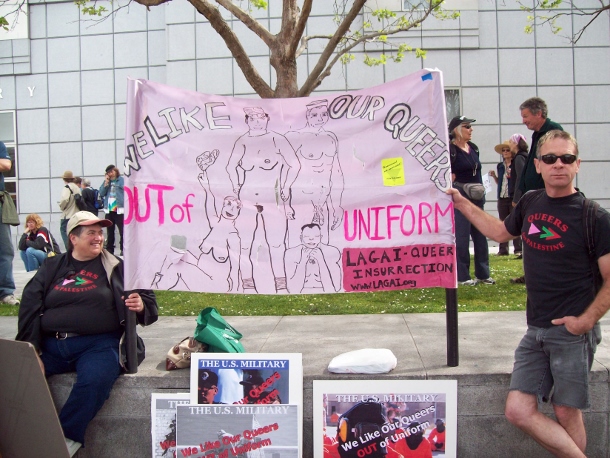
In their 1971 manifesto, “Anarcha-Feminism: Two Statements,” the Red Rose and Black Maria Black Rose Anarcho-Feminists define anarchism as “the affirmation of human freedom and dignity expressed in a negative, cautionary term signifying that no person should rule or dominate another person,” and they encourage libertarian socialist feminists to cultivate “all the groovy things people can do and build together, once they are able to combine efforts and resources on the basis of common interest, rationality, and creativity” (15). In a radical response to the repressive, violent, and “pathological structure” of the State, they conclude this manifesto with a demand for “ALL POWER TO THE IMAGINATION!” (17) Anthologized within the Dark Star Collective’s Quiet Rumors: An Anarchist-Feminist Reader, the Red Rose and Black Maria Black Rose manifesto opens the collection as a reminder of the need to be ever creative in our feminist approaches. Also, to collectively imagine and manifest complex transformations in how people might relate to one another outside the crushing structures of power and hierarchical notions of human value.
Critique and Renewal: The Institute for Anarchist Studies at Twenty
Chuck Morse
I played a pivotal role in the early history of the Institute for Anarchist Studies (IAS). I conceived of it, drafted all the founding documents, selected the initial Board of Directors, led early fundraising campaigns, and anchored it as a whole. Although I have had … Read more









